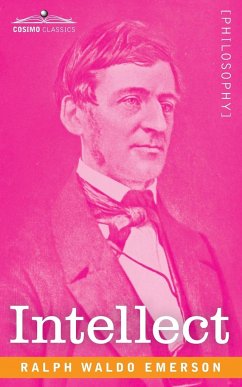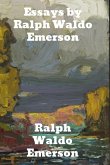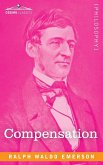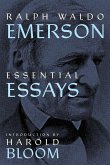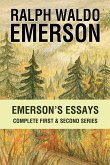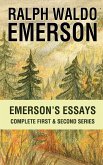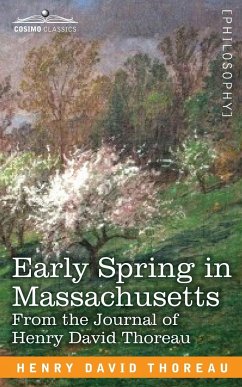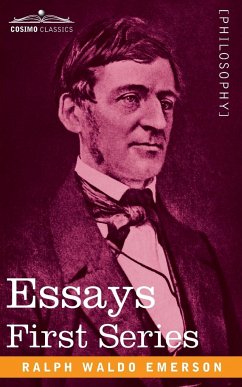"Nature shows all things formed and bound. The intellect pierces the form, overleaps the wall, detects intrinsic likeness between remote things, and reduces all things into a few principles." -Ralph Waldo Emerson, Intellect In his essay on Intellect (1841), Emerson addresses his perception that human intellect is nothing more than an interpretation of a universal mind. Here, Emerson asserts that all men have an intuitive, instinctive consciousness that reflects the ideas generated by a universal mind and that, to tap into that mind, men only need to allow events to flow unimpeded while also maintaining aware, rational minds able to understand the meaning of "experience." His ideas laid the groundwork for the development of the belief system known as "transcendentalism," as well as the school of philosophy known as "phenemonology."
Hinweis: Dieser Artikel kann nur an eine deutsche Lieferadresse ausgeliefert werden.
Hinweis: Dieser Artikel kann nur an eine deutsche Lieferadresse ausgeliefert werden.

